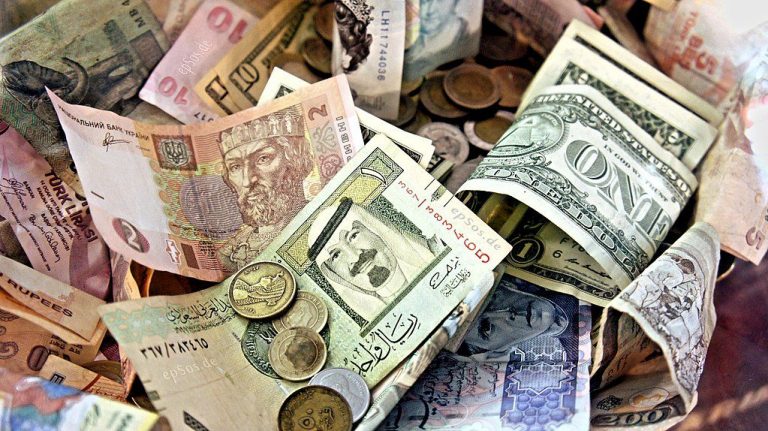
The world of work is undergoing a radical transformation. The rise of the gig economy, remote work, and digital platforms has created new opportunities and challenges for workers and employers alike. But what if there was a way to make work more fair, transparent, and rewarding for everyone involved?
That’s where blockchain comes in. Blockchain is a distributed ledger technology that enables secure and verifiable transactions without intermediaries. It can be used to create decentralized applications (Dapps) that run on peer-to-peer networks, where users have more control and ownership over their data and assets.
One of the most promising applications of blockchain is in the realm of work. Blockchain can enable decentralization, democratization, and monetization of work, creating a more equitable and efficient system for workers, employers, and consumers. Here are some of the ways blockchain can revolutionize the future of work:
Register for Tekedia Mini-MBA edition 19 (Feb 9 – May 2, 2026): big discounts for early bird.
Tekedia AI in Business Masterclass opens registrations.
Join Tekedia Capital Syndicate and co-invest in great global startups.
Register for Tekedia AI Lab: From Technical Design to Deployment (next edition begins Jan 24 2026).
Decentralization: Blockchain can enable workers to access global opportunities without intermediaries or gatekeepers. Workers can offer their skills and services directly to customers or employers on decentralized platforms, where they can set their own terms and conditions, negotiate prices, and receive payments in cryptocurrencies. This can reduce fees, increase trust, and enhance flexibility for workers. Decentralized platforms can also foster collaboration and innovation among workers, who can share their ideas, feedback, and resources with each other.
Democratization: Blockchain can empower workers to have more voice and influence over their work environment. Workers can participate in governance and decision-making processes on decentralized platforms, where they can vote on proposals, policies, and rules that affect their work.
Workers can also form self-organized communities and cooperatives, where they can pool their resources, skills, and knowledge to create value and solve problems. Blockchain can also enable workers to verify their identity, credentials, and reputation on decentralized platforms, where they can showcase their portfolio, ratings, and reviews.
Monetization: Blockchain can enable workers to earn more value from their work. Workers can receive fair compensation for their work on decentralized platforms, where they can access global markets, avoid intermediaries, and receive payments in real-time.
Workers can also monetize their data and assets on decentralized platforms, where they can sell or rent their personal information, digital content, or physical goods to customers or employers. Blockchain can also enable workers to benefit from the growth and success of decentralized platforms, where they can receive rewards or dividends for their contributions or investments.
Blockchain is not a magic bullet that will solve all the problems of work. It also comes with its own challenges and limitations, such as scalability, usability, security, and regulation. But it is a powerful tool that can enable a paradigm shift in the way we work. By enabling decentralization, democratization, and monetization of work, blockchain can create a more inclusive, participatory, and rewarding system for workers, employers, and consumers alike.



